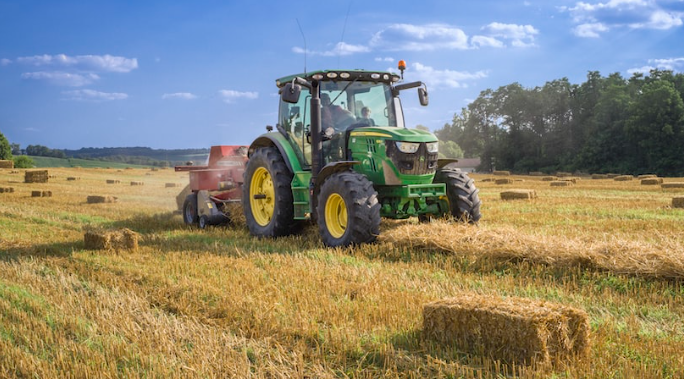A Virginia farmer who managed a pioneering cooperative cattle herd recently experienced a visit from state authorities, resulting in the cessation of his meat sales. The incident initiated with an inspection that overstepped boundaries, culminating in the confiscation of his agricultural products and the imposition of various charges against him. This situation appears to indicate a recurring trend of official interventions targeting traditional farmers.
Samuel B. Fisher stands in stark contrast to contemporary industrialized farmers. On his farm in Cumberland County, Virginia, the cattle he raises don’t undergo the conventional process of being transported to extensive processing facilities for slaughter, butchering, and packaging, often managed by migrant laborers in suboptimal conditions. Rather, he conducts the butchering right on his farm. His meat is not distributed to nationwide suppliers; instead, local patrons become co-owners by purchasing a portion of his cattle herd.
Evidently, the government holds a disapproving stance on this matter. On June 14, an examiner from the Virginia Department of Agriculture & Consumer Services (VDACS) made an unanticipated visit and requested permission to conduct a search of the farm.
Fisher declined the request, but on the following day, the inspector returned, accompanied by a sheriff’s deputy and an official search warrant. After an extensive three-hour search of the premises, the inspector placed Fisher’s walk-in freezer under “administrative detention,” thereby prohibiting him from removing any meat, even for the purpose of feeding his family.
The inspector’s objection centers around the fact that Fisher’s meat was not undergoing processing in a facility approved by the USDA, deeming it unsuitable for public consumption. Technically, this applies to meat intended for sale to the general public, even though Fisher has clarified the communal ownership structure of his herd to authorities. However, it’s worth noting that there is no specific legal prohibition preventing him from processing meat on his farm for personal consumption.
Upon disregarding the detention order and proceeding to sell his incorrectly labeled, uninspected, and potentially tainted meat, Fisher found himself swiftly embroiled in a legal battle. On July 18, a judge in Cumberland County granted the state the authority to confiscate his meat. Subsequently, he received fines for the unlawful possession, sale, and/or transportation of animals several weeks later.








